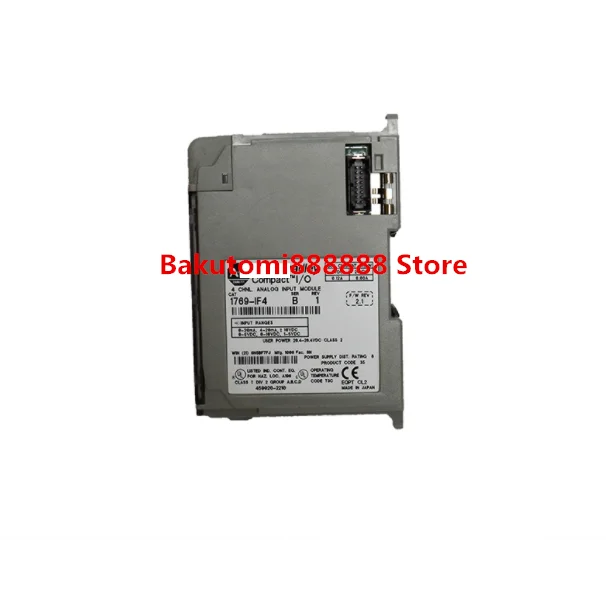
In the realm of cutting-edge technology, there exists a groundbreaking innovation that has captivated the attention of engineers and enthusiasts alike. This revolutionary masterpiece, often referred to as the 1769 IF4 datasheet, has redefined the boundaries of what is possible in the world of data processing and analysis. Through its ingenious design and efficient functionality, it has opened up new avenues for endless possibilities and advancements in various industries.
At first glance, the 1769 IF4 datasheet may appear as a mere collection of numbers, symbols, and technical jargon. However, beneath its seemingly complex exterior lies the key to unlocking a world of unparalleled opportunities in data management. This advanced piece of technology serves as the intermediary between numerous devices, providing seamless communication and streamlining the exchange of critical information.
With its robust capabilities and versatile nature, the 1769 IF4 datasheet empowers industries to optimize their operations and achieve unparalleled efficiency. By integrating this cutting-edge technology into their systems, businesses can enhance their productivity, minimize downtime, and ultimately gain a competitive edge in the modern era of digital transformation. Its ability to process vast quantities of data and facilitate real-time communication between devices establishes it as the cornerstone of modern technology infrastructure.
Understanding the Basics of 1769 IF4 Module
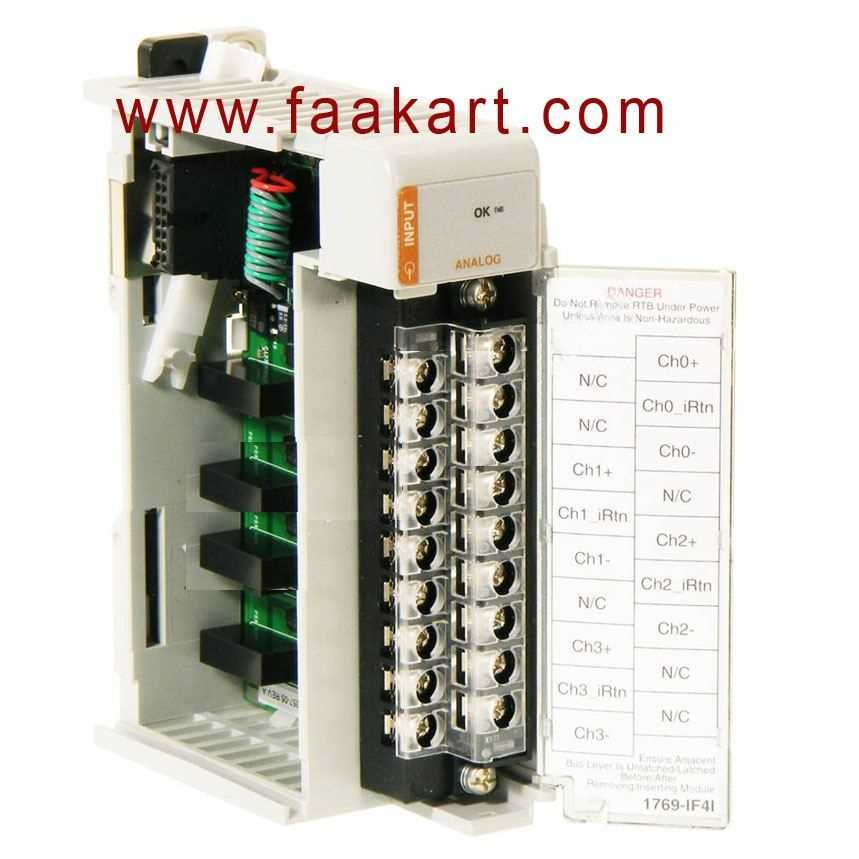
The 1769 IF4 module is an essential component in industrial automation systems that allows for seamless integration and communication between various devices. This article aims to provide a comprehensive understanding of the fundamental aspects of the 1769 IF4 module, without delving into specific technical details or referencing the official datasheet. By exploring its key features, functionality, and potential applications, readers will gain a solid grasp of how this module powers data exchange and enhances efficiency in industrial environments.
Key Features
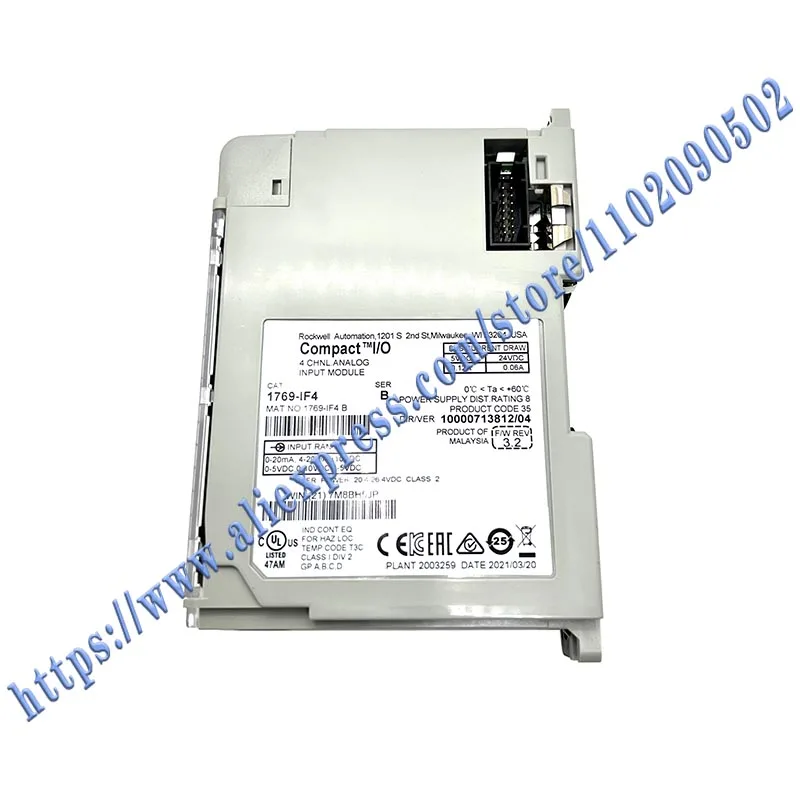
- Connectivity: The 1769 IF4 module provides reliable and robust connectivity options, enabling seamless integration with other devices in an automation system.
- I/O Expansion: With its multiple input and output channels, the module acts as an expansion module, allowing for increased flexibility and scalability in system configurations.
- Data Transmission: The module facilitates the transmission of data between different networked devices, ensuring smooth and efficient communication without data loss.
- Analog/Digital Conversion: Equipped with high-performance analog-to-digital converters, the module can accurately convert analog signals to digital, opening up possibilities for precise control and monitoring.
Functionality
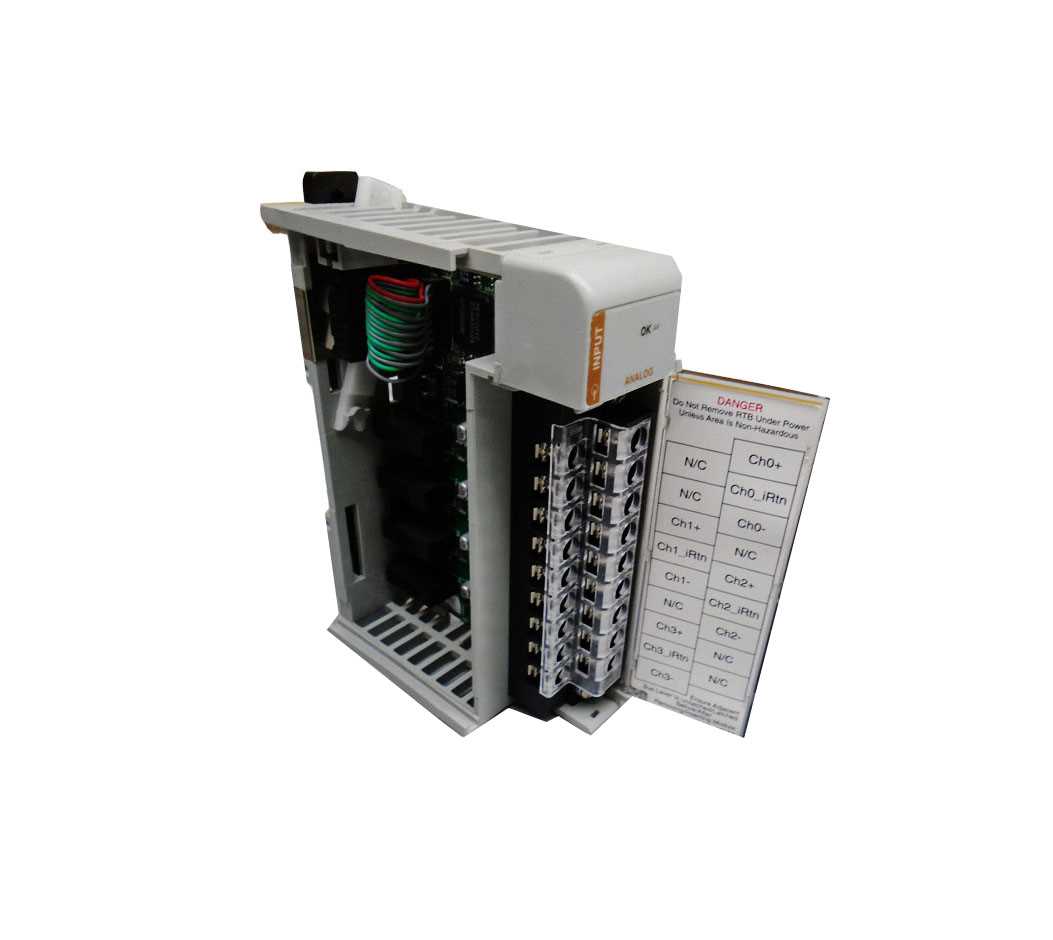
The 1769 IF4 module acts as a bridge between field devices and the larger automation system, enabling data exchange and enabling the system to interact with the physical environment. It serves as an interface for sensors, actuators, and other devices, providing a means for gathering data and controlling processes.
One crucial function of the module is to take input from various sensors or devices, such as temperature sensors or motor status indicators. This input is then translated into a digital format through the module’s analog-to-digital converters. The digital data can then be processed and utilized by the automation system for monitoring or controlling different processes.
The module also supports output capabilities, allowing it to send signals to actuators or other devices. For example, it can send signals to control motor speed or activate a valve. This bidirectional communication facilitates real-time control and monitoring, ensuring precise and efficient operations.
Potential Applications
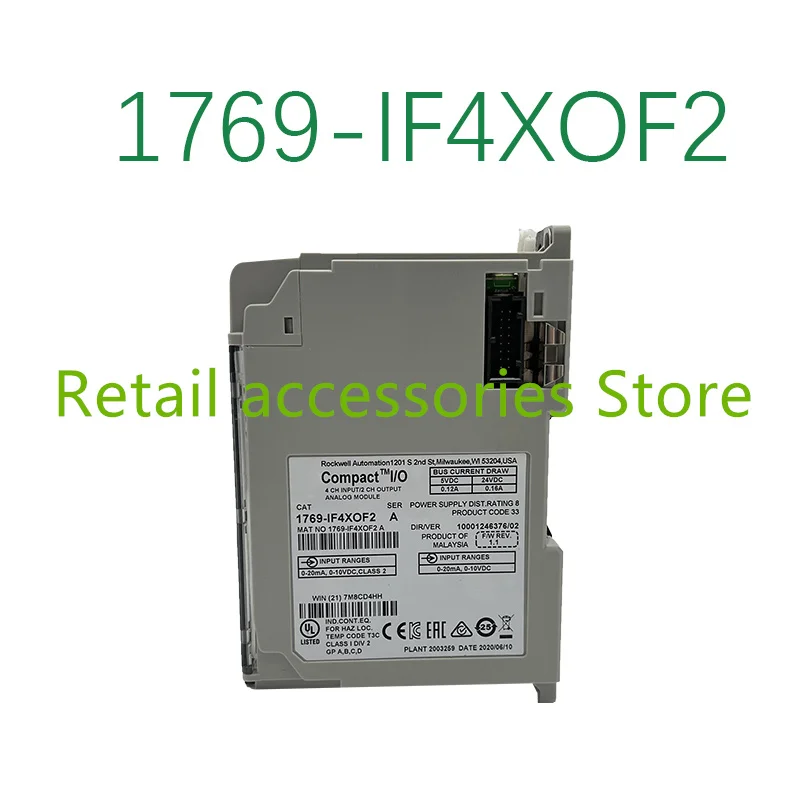
The versatility of the 1769 IF4 module makes it suitable for a wide range of industrial applications. Some potential use cases include:
- Process Control: The module can be used in manufacturing plants to monitor and control various stages of production, making adjustments based on real-time data.
- Environmental Monitoring: It can be utilized in environmental monitoring systems to measure parameters such as temperature, humidity, or air quality, ensuring optimal conditions.
- Energy Management: The module enables efficient energy management by monitoring energy consumption and controlling devices such as motors, ensuring optimal energy usage.
By leveraging the capabilities of the 1769 IF4 module, industrial automation systems can achieve enhanced productivity, reliability, and precision, thus driving overall efficiency and profitability.
Features and Specifications of 1769 IF4 Datasheet
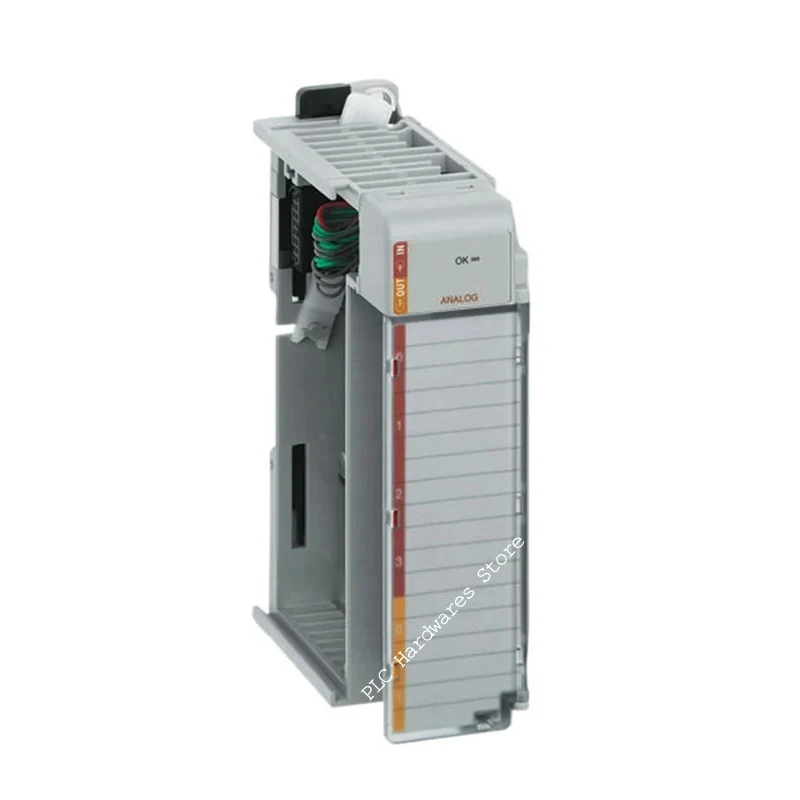
In this section, we will explore the various features and specifications offered by the 1769 IF4 datasheet. This comprehensive overview will allow us to gain a deeper understanding of the capabilities and performance of this particular product.
1. Versatility
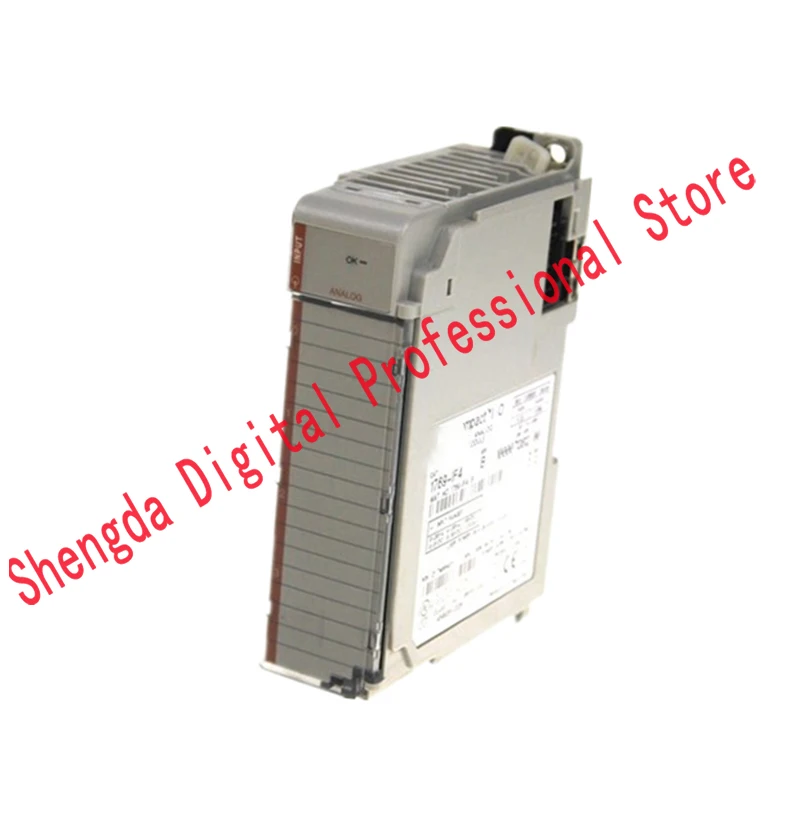
The 1769 IF4 datasheet offers a wide range of applications due to its versatile nature. It can be seamlessly integrated into different systems, providing reliable and efficient data acquisition and control capabilities. With its adaptability, it caters to diverse industrial needs, ensuring compatibility and flexibility.
2. High-Performance
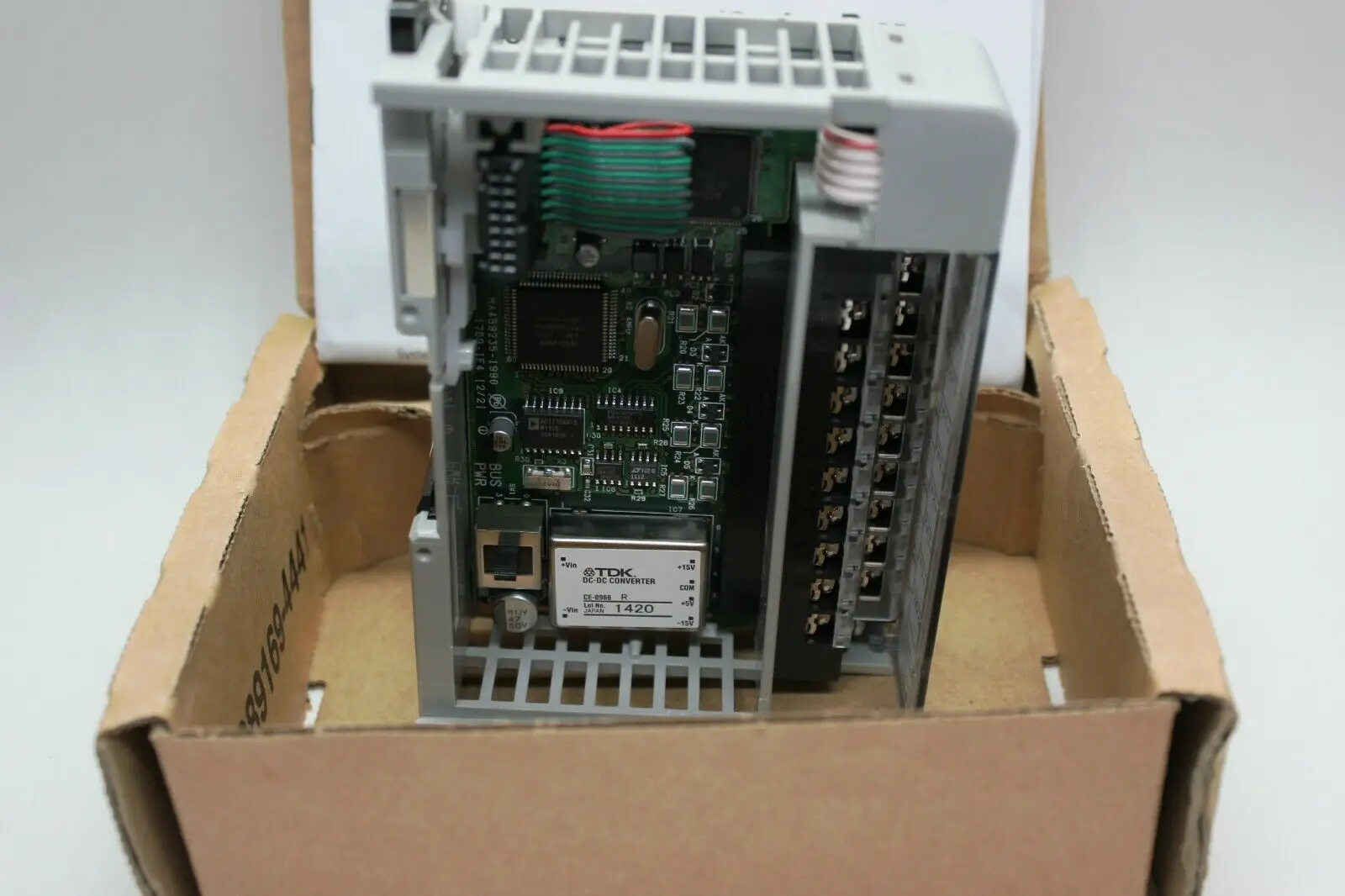
Equipped with advanced technology, the 1769 IF4 datasheet demonstrates high-performance characteristics. It enables fast and accurate data processing, ensuring real-time monitoring and control. With its precise and responsive functionality, it delivers reliable results, enhancing the overall efficiency and productivity of the system.
3. Robust Connectivity
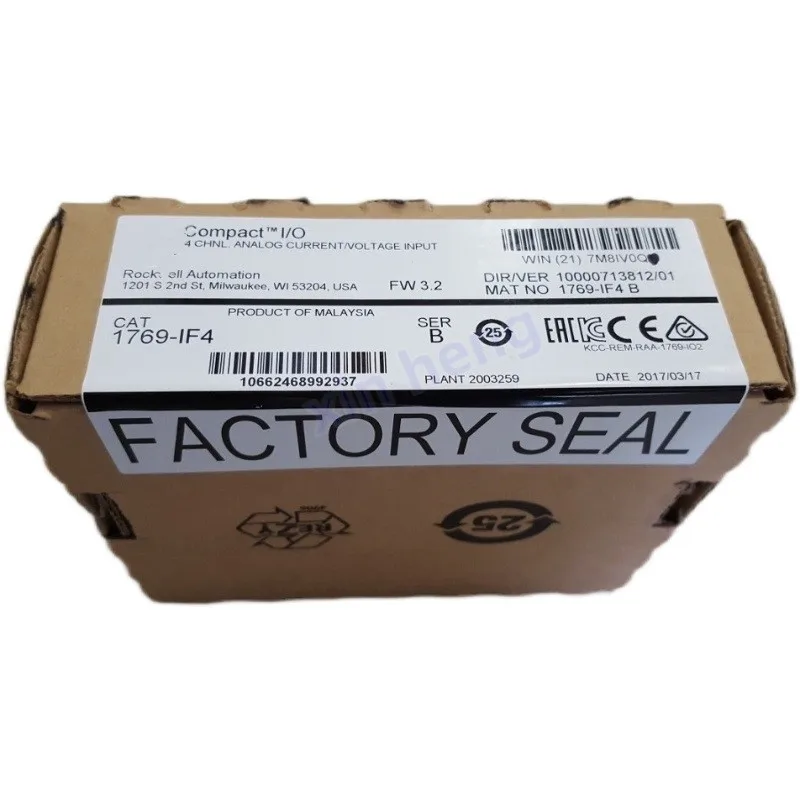
The 1769 IF4 datasheet offers seamless connectivity options, facilitating easy integration with other devices and systems. It supports multiple communication protocols, ensuring smooth data transmission and exchange. Its reliable connectivity enables efficient data management and analysis, enhancing the overall system performance.
4. User-Friendly Interface
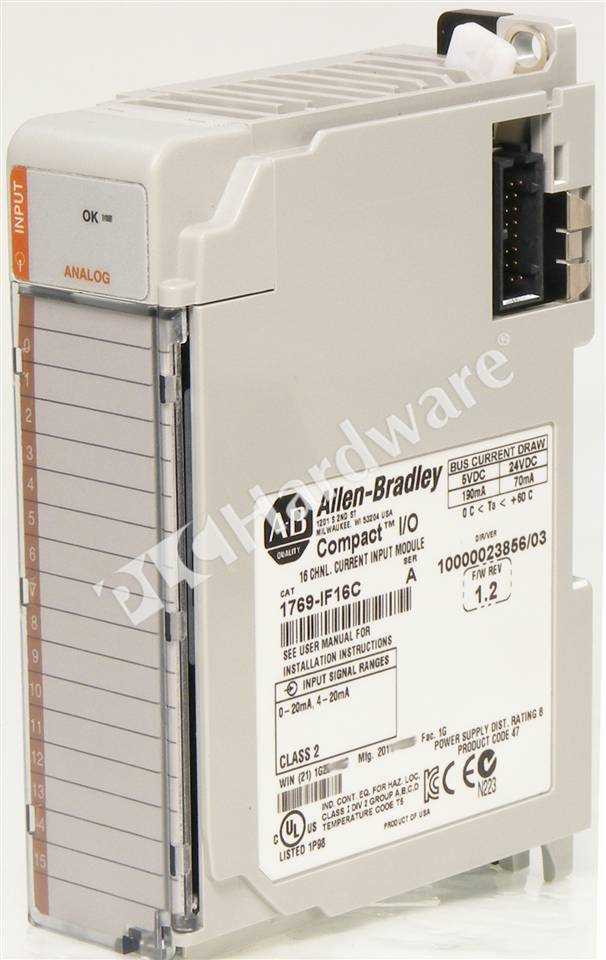
The 1769 IF4 datasheet provides a user-friendly interface, simplifying the configuration and operation process. It features an intuitive design, allowing users to easily navigate and access the necessary functions. The user-friendly interface enhances usability, reducing the learning curve and facilitating seamless integration into existing systems.
5. Enhanced Reliability
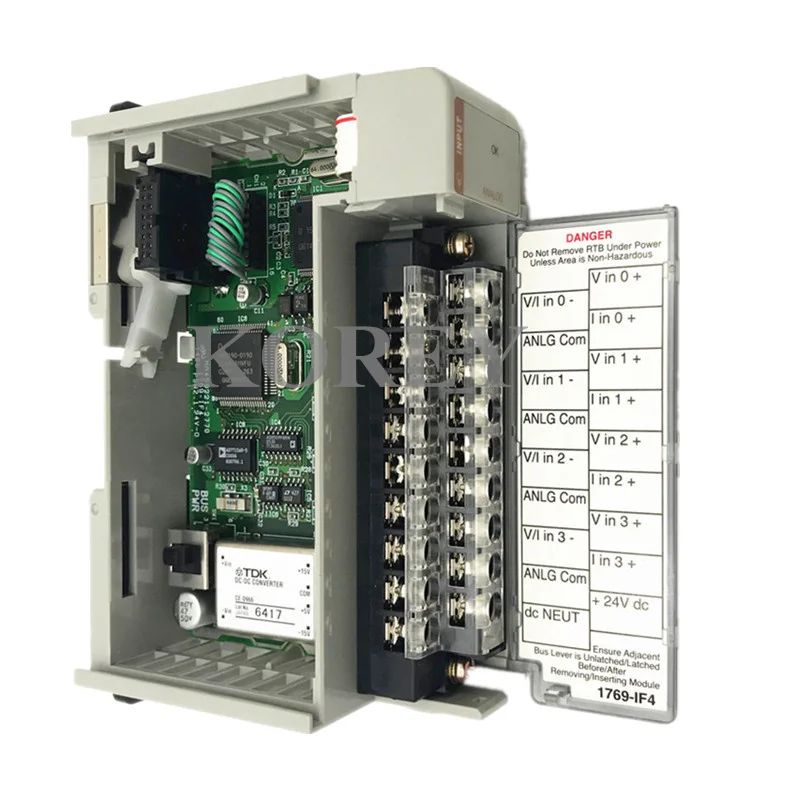
With its robust design and high-quality components, the 1769 IF4 datasheet ensures enhanced reliability. It can withstand harsh operating conditions, guaranteeing consistent performance even in challenging environments. Its durability and resilience contribute to the longevity and sustainability of the system.
- Versatile application options
- High-performance characteristics
- Robust connectivity
- User-friendly interface
- Enhanced reliability
Overall, the 1769 IF4 datasheet encompasses a wide range of features and specifications that make it a reliable and efficient choice for various industrial applications. Its versatility, high-performance capabilities, robust connectivity, user-friendly interface, and enhanced reliability contribute to its overall effectiveness in data acquisition and control.
Applications and Benefits of Using 1769 IF4 Module

The 1769 IF4 module offers a wide range of applications and brings many benefits to various industries. This module serves as a versatile tool that enables seamless integration and enhances the functionality of automation systems. By incorporating the 1769 IF4 module into your setup, you can optimize processes, improve efficiency, and streamline data collection.
Enhanced Connectivity and Versatility
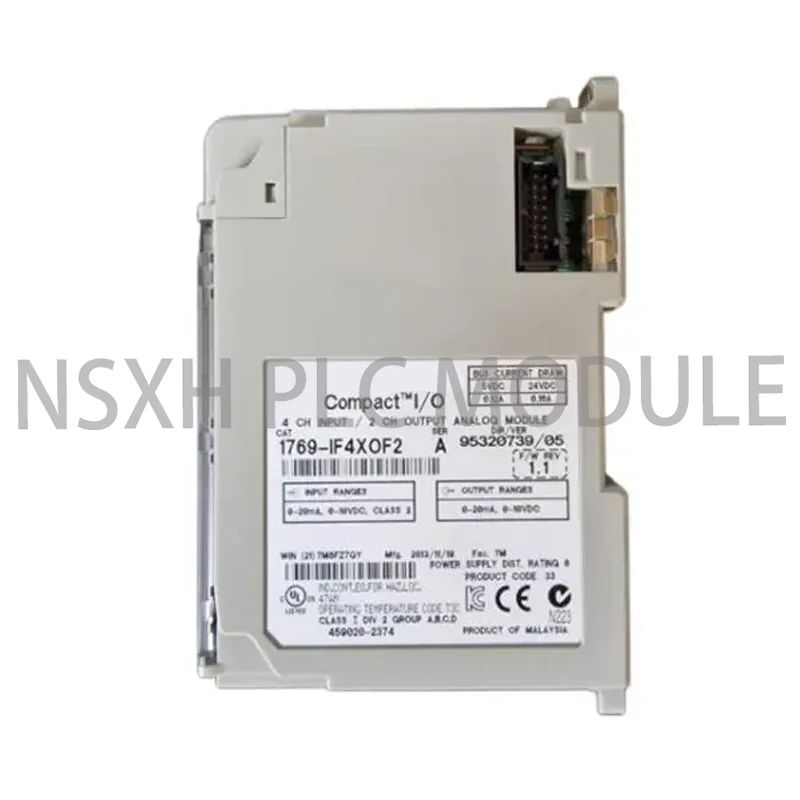
One significant advantage of utilizing the 1769 IF4 module is its capability to enhance connectivity in industrial automation systems. With its support for multiple input and output signals, this module allows for seamless integration with different devices, sensors, and actuators. The versatility of the 1769 IF4 module ensures compatibility with various communication protocols, making it an ideal choice for diverse applications.
Improved Data Acquisition and Monitoring
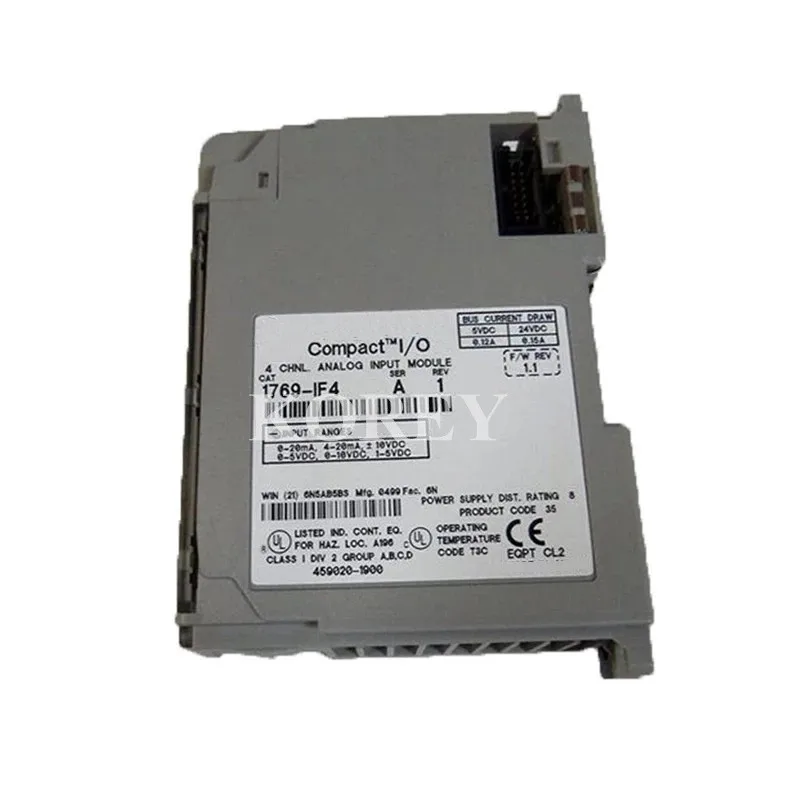
The 1769 IF4 module plays a crucial role in improving data acquisition and monitoring capabilities within automation systems. By providing accurate and reliable analog and digital input/output channels, this module enables real-time data collection and analysis. With its high-speed sampling rate and precise measurements, the 1769 IF4 module ensures optimal data accuracy, allowing for better decision-making and improved overall system performance.
Moreover, the 1769 IF4 module offers advanced monitoring features, such as remote diagnostics and status indication. This capability allows for proactive maintenance and troubleshooting, minimizing downtime and reducing the risk of critical failures. By leveraging the monitoring capabilities of the 1769 IF4 module, organizations can optimize their operations, enhance productivity, and achieve higher levels of efficiency.
In summary, the 1769 IF4 module finds wide applications across various industries due to its enhanced connectivity and versatility. By improving connectivity and providing reliable data acquisition and monitoring, this module offers numerous benefits, including optimized processes, improved efficiency, and streamlined data collection. Incorporating the 1769 IF4 module into automation systems enables organizations to stay competitive in today’s rapidly evolving technological landscape.